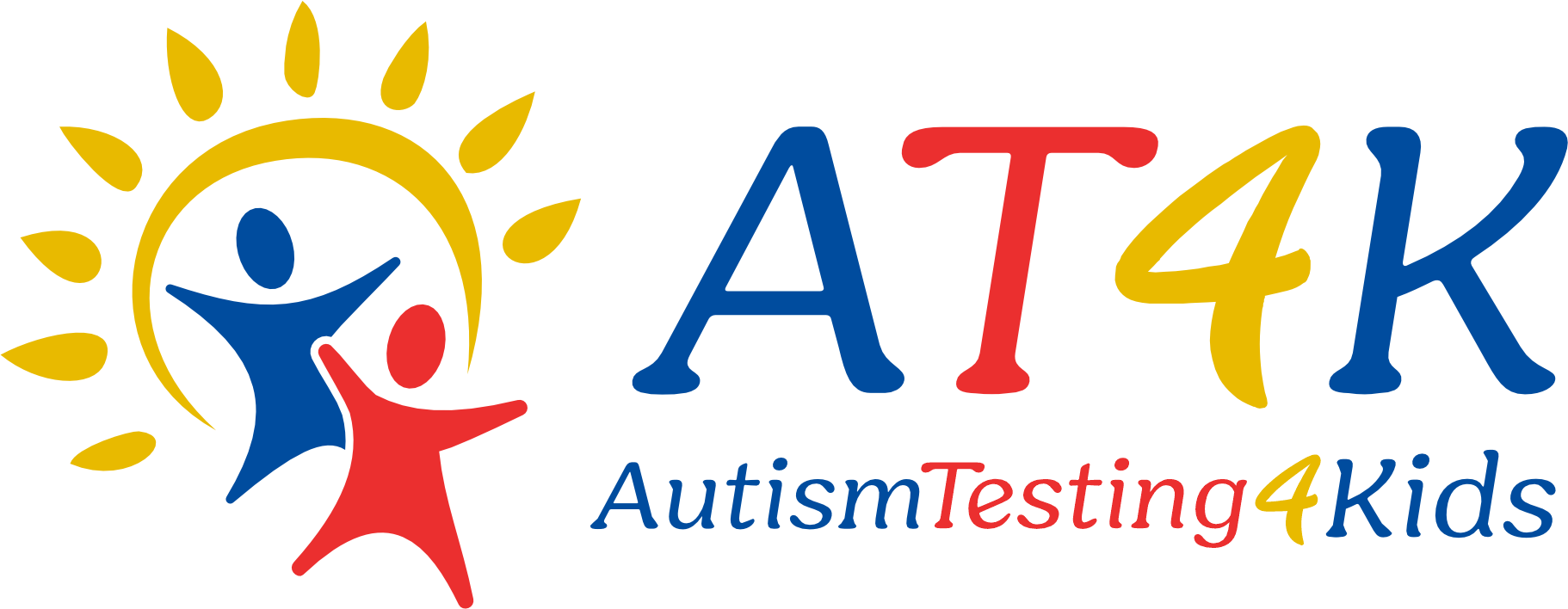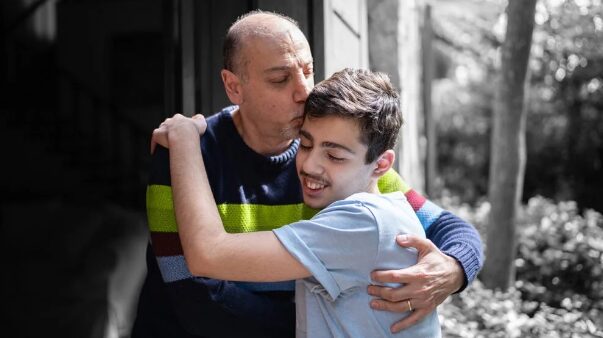Horses can develop strong bonds with humans. Since the early 1960’s they have been used in programs to assist people physically as well as mentally.
Hippocrates, the Greek physician known as the father of medicine, even wrote about it in 400 BC. Horses were already used during that time to assist people with incurable diseases, and Hippotherapy is named after him.
Horse therapy includes a range of programs that involve supervised activities with horses. This promotes physical and mental health.
Equine therapy and horse therapy for autism are facilitated by trained professionals, such as:
- Occupational therapists
- Physical therapists
- Psychologists
- Social workers
- Horse trainers
These therapy sessions are carefully planned to meet the specific goals and needs of participants. So, keep reading to find out more about therapeutic horse riding.
Equine Therapy
Equine therapy is not a single approach but a category that includes various therapeutic methods. Some common forms of equine therapy include:
Hippotherapy
This involves using the movement of the horse as a therapeutic tool. It can help improve:
- Balance
- Coordination
- Posture
- Muscle strength
Hippotherapy is often used for individuals with:
- Physical disabilities
- Neurological conditions
- Sensory processing disorders
Therapeutic Horseback Riding
This involves riding a horse under the guidance of a trained therapist or instructor. The focus might be on:
- Improving motor skills
- Sensory integration
- Coordination
- Self-confidence
It can be beneficial to individuals with:
- Physical disabilities
- Autism
- ADHD
- Emotional challenges
Equine-Assisted Psychotherapy (EAP)
In this approach, horses are used as a medium to facilitate emotional and psychological growth.
The interaction with horses can mirror real-life relationships and situations. This provides opportunities to:
- Explore emotions
- Develop coping strategies
- Improve self-awareness
Therapeutic Horsemanship
These activities promote responsibility, emotional connection, and a sense of achievement. This includes a variety of activities such as:
- Grooming
- Leading
- Caring for horses
Horse therapy has gained popularity in recent years. Its potential benefits for individuals with ASD are a contributing factor.
Sensory Stimulation
Horses provide a unique sensory experience due to their size, movement, and texture of their coats. Interacting with horses can help individuals with autism develop sensory processing skills through:
- Different tactile sensations
- Sounds
- Smells
Emotional Bonding
Many individuals with autism have difficulty forming emotional connections and social relationships. The nonjudgmental and empathetic nature of horses can foster emotional bonding. This helps individuals with autism develop the following:
- Trust
- Empathy
- Social skills
The act of caring for a horse and receiving its affection can boost self-esteem and confidence.
Motor Skills Development
Horseback riding requires individuals to use their muscles to maintain balance and coordination. This can contribute to the development of:
- Gross motor skills
- Fine motor skills
- Overall physical strength
The rhythmic movement of the horse also mimics the motion of walking, aiding in balance and posture.
Communication Improvement
Horses respond to nonverbal cues and body language. This can be beneficial for children with autism who may struggle with verbal communication.
Learning to communicate effectively with a horse can lead to various benefits. One benefit is improved nonverbal communication skills in other social interactions.
Focus and Attention
Many individuals with autism have difficulty maintaining focus and attention on tasks. The engaging nature of horse-related activities can help improve concentration and attention span.
The necessity of following instructions while working with a horse can also enhance cognitive skills.
Reduced Anxiety and Stress
Interacting with animals, including horses, has been shown to reduce stress and anxiety levels. The calm environment of a stable yard can have a soothing effect. Combining this with the rhythmic motion of horseback riding can reduce anxiety.
Regulation of Sensory Processing
Horse therapy can help regulate sensory processing difficulties.
The sensory input from the horse’s movement and touch can have a positive impact on sensory integration. This, in turn, helps individuals become more comfortable with different sensory experiences.
Routine and Predictability
Individuals with autism often thrive in structured and predictable environments. Horse therapy sessions typically follow a consistent routine. This provides a sense of stability and comfort that can be reassuring for those with autism.
Motivation and Engagement
Many individuals with autism exhibit a strong interest in animals. Working with and caring for horses can encourage engagement in therapy sessions. This makes the therapeutic process more effective.
Generalization of Skills
The skills learned through horse therapy can often be transferred to real-life situations. This generalization of skills is an important aspect of any therapeutic intervention.
Equine-assisted therapy can bring about improvements in various areas for children with autism. The specific outcomes may vary based on individual needs and characteristics. Here are some areas in which improvements can often be observed:
- Social skills
- Verbal fluency
- Restlessness or excessive energy
- Relationship skills
- Motor control
- Posture
Horse Therapy for Autism
If you’re considering horse therapy, there are a few things you have to consider.
Equine therapy can be expensive, involving costs related to:
- Therapy sessions
- Horse care
- Equipment
Insurance coverage for equine therapy may vary depending on your policy.
Therapy horses are generally well-trained and gentle. However, there’s always a level of risk involved when working with large animals. Proper safety measures are crucial to mitigate potential risks.
Research and check that the therapists and equine specialists are both licensed and qualified.
Not all children with autism will respond equally well to equine therapy. Some may not form a connection with the horses or might find the sensory experiences overwhelming.
Equine therapy might not be accessible in all locations. Families may need to travel significant distances to find a suitable therapy center.
Consider Horse Therapy
If you or someone you know might benefit from horse therapy for autism, then this is definitely something you should consider. There are various therapy options available, so this might not work for you, but you won’t know until you try it. Just make sure that you’re working with trained professionals when it comes to therapeutic horse riding.
If you need more information on an autism diagnosis or you want to schedule your child’s assessment visit, contact us today. Developmental Pediatrics has been offering assessment and testing services in Texas since 2000.




